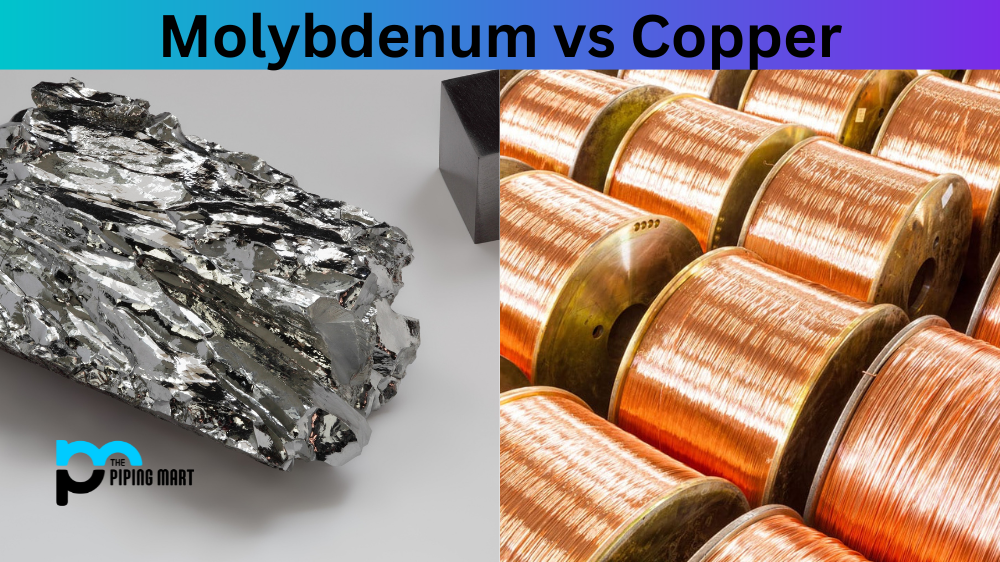When dealing with electrical wiring, it’s important to understand the difference between different types of copper wire. Two of the most commonly used varieties of copper wire are tinned copper and bare copper wire. In this blog post, we’ll break down the differences between these two types of wire and explain why one might be better suited for certain applications than the other.
What’s the difference between tinned copper and bare copper wire?
Tinned copper wire is coated in a thin layer of tin, while the bare copper wire is left in its natural state without any additional protection. Tinning provides a layer of protection against corrosion that bare copper does not have. This means tinned copper has a longer lifespan than bare copper and can last much longer when exposed to corrosive elements like moisture or salt air. Additionally, because it is coated in tin, tinned copper is less susceptible to oxidation which can cause electrical shorts or other problems.
Another key difference between tinned and bare copper wires is their conductivity. Bare copper wires have higher conductivity than tinned wires because they do not have an additional layer of material. However, this does not necessarily mean that bare copper wires are always better; in some cases, you may need to sacrifice a bit of conductivity for increased durability provided by the tin coating on the tinned wire.
What Are They Used For?
Bare copper wires are typically used for internal wiring applications such as connecting components inside electronics or appliances where there is no risk of corrosion from environmental factors like moisture or salt air. Tinned copper wires are better suited for external wiring applications where they will be exposed to harsh conditions like marine environments or coastal areas where corrosion could occur if unprotected. The added protection provided by the tin coating makes it ideal for these types of applications since it increases its lifespan and reduces the risk of oxidation-related electrical issues.
Conclusion:
In summary, there are many differences between tinned and bare copper wires, which make them well-suited for different applications depending on your needs. Bare copper wires offer higher conductivity but lack protection against corrosion, whereas tinned wires provide added protection against corrosion but slightly lower conductivity due to their coating. Understanding these differences can help you make an informed decision when selecting which type of wire best suits your needs!

Pipingmart is a B2B portal that specializes in metal, industrial and piping items. Additionally, we share the latest information and information about materials, products and various types of grades to assist businesses that are involved in this business.




